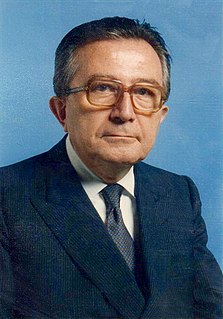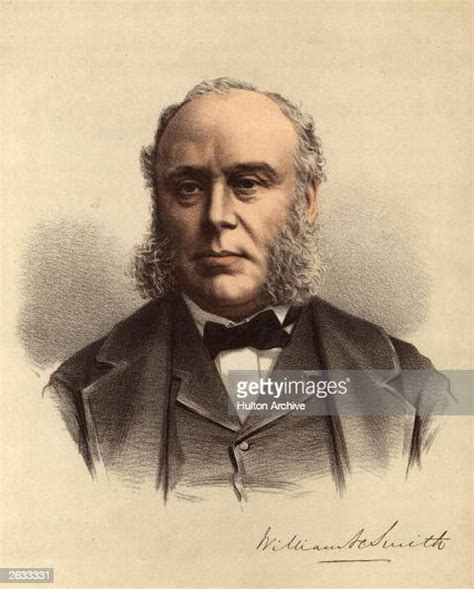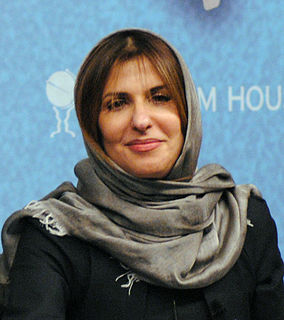A Quote by Giulio Andreotti
The judges are a big problem. Law is equal for everyone, except for them.
Related Quotes
The law is equal before all of us; but we are not all equal before the law. Virtually there is one law for the rich and another for the poor, one law for the cunning and another for the simple, one law for the forceful and another for the feeble, one law for the ignorant and another for the learned, one law for the brave and another for the timid, and within family limits one law for the parent and no law at all for the child.
How we decide the vexed issue of the method of selection of judges of the Supreme Court and the high courts would determine the future of our democracy and the rule of law in the country. We are faced with the twin problem of selecting the best judges and also ensuring that the judiciary would be insulated from executive interference.
Our constitution should be inspired by the philosophy of the Koran with principles that are set in stone and not open to the whims of individual judges, as is the case now. In particular, the constitution should protect every citizen's basic human rights regardless of their sex, status or sect. Everyone should be equal before the law.

































